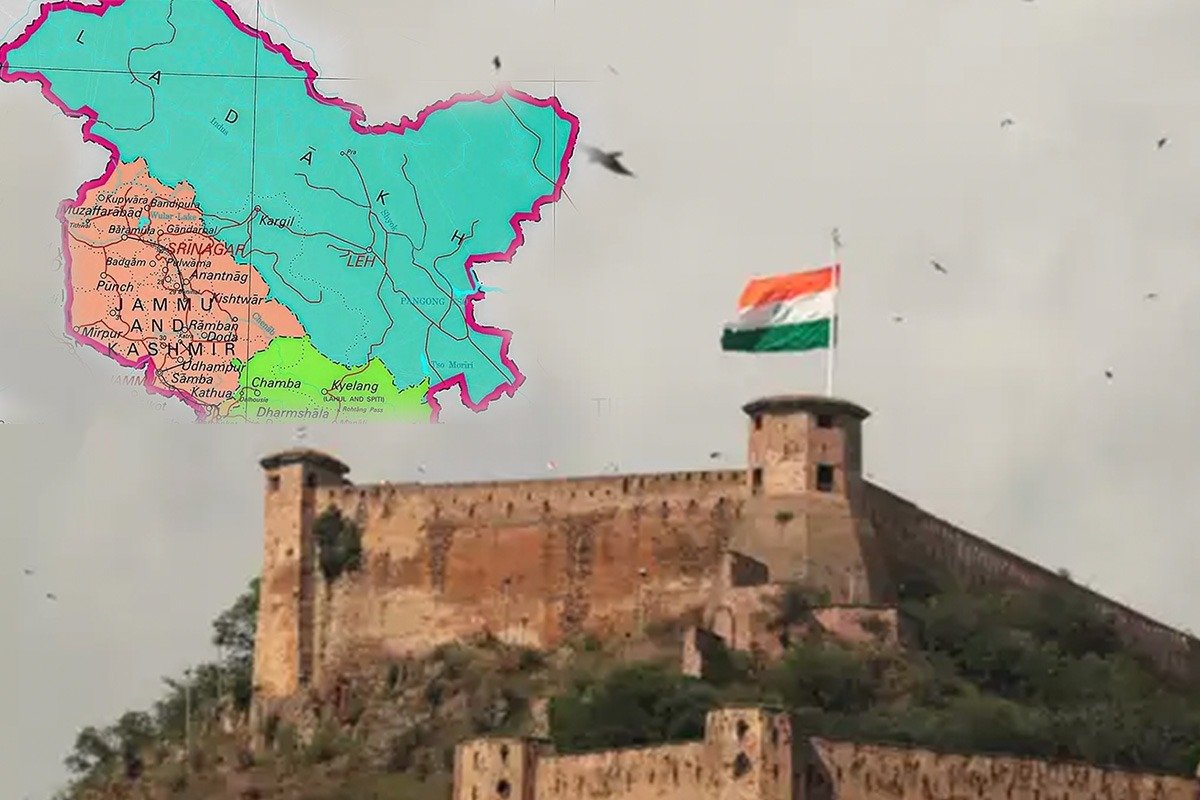The Supreme Court of India, today, delivered its much-awaited verdict on a batch of petitions challenging the abrogation of Article 370 and the Reorganisation Act of J&K, which revoked the special status of the erstwhile state and bifurcated it into two union territories in August 2019. The five-judge bench, headed by Chief Justice D.Y. Chandrachud, upheld the constitutional validity of both the presidential orders and the parliamentary legislation and dismissed the petitions by a majority of 4:1.
The court, in its 500-page judgment, held that Article 370 was not a permanent feature of the Constitution and that it was within the competence of the Parliament to amend or repeal it. The court also rejected the argument that the consent of the J&K Constituent Assembly or the state legislature was necessary for the abrogation of Article 370 and said that the President, acting on the aid and advice of the Union Cabinet, was empowered to issue the orders under Article 370(1) and Article 370(3).
The court further held that the Reorganisation Act of J&K was a valid exercise of the Parliament’s power under Article 3 of the Constitution and that there was no bar on converting a state into a union territory. The court also noted that the reorganisation was done in the interest of national security, territorial integrity, and good governance and that it did not violate the basic structure of the Constitution.
The court’s verdict is a historic one, as it settles the long-standing legal controversy over the status and scope of Article 370, and clarifies the constitutional relationship between the Union and J&K. The verdict is also a vindication of the Centre’s stance that Article 370 was a temporary and transitional provision, and that it had become an impediment to the integration and development of J&K.
The court, in its verdict, has also called for the holding of elections in J&K by September 30 next year and has directed the Election Commission to take all necessary steps to ensure free and fair polls. The court has also emphasized that J&K surrendered its sovereignty when it merged with India and that it is an integral part of the nation. The SC verdict on Article 370 is a landmark one. The Centre must follow it up with concrete actions to hold elections, restore statehood to J&K and win the hearts and minds of the people. Only then can the abrogation of Article 370 and the reorganisation of J&K be truly justified and beneficial.












